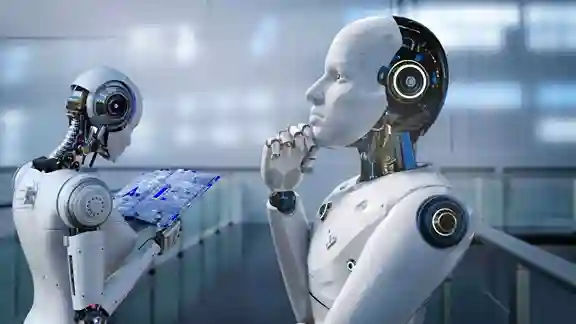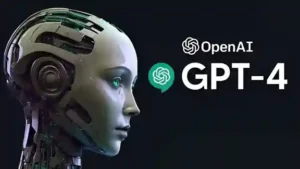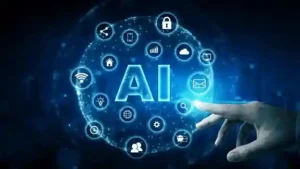AI vs Human Jobs: What Should We Expect in the Future?

The first point in AI training is up to October 2023. With the advancement of AI technologies, work environments and facilities are being transformed. From self-driving cars to virtual assistants like ChatGPT, AI is now executing work that once used to be done by the human hand. Hence, many are left questioning, Are we going to lose our jobs to machines? Let us delve into future expectations.
How AI is Changing the Workplace
AI is already helping in many industries:
-
Customer Service: Chatbots answer basic questions 24/7.
-
Healthcare: AI can read medical scans and help doctors diagnose faster.
-
Finance: Algorithms detect fraud and manage investments.
-
Retail: Smart systems manage inventory and improve shopping experiences.
These tools make work faster and more accurate. But they also raise concerns about job security.
Will AI Replace All Jobs?
The short answer is no—AI will not replace all jobs. But it will change how jobs are done.
Jobs at Risk:
Some jobs with repeated tasks might be automated, such as:
-
Data entry
-
Cashiers
-
Manufacturing workers
-
Basic customer support
Jobs That Are Safe (and Growing!):
Jobs that require human thinking, creativity, and emotional connection are harder for AI to replace:
-
Teachers and trainers
-
Doctors and nurses
-
Creative writers and designers
-
Mental health professionals
-
Managers and team leaders
In fact, AI will also create new jobs like:
-
AI trainers
-
Robot maintenance experts
-
AI ethicists
-
Data scientists
Human + AI: A Better Team
Rather than seeing AI as competition, AI should be viewed as a collaborator. Collaboration between humans and AI creates amazing results.
For example:
-
A human designer can use AI to create fast ideas.
-
A doctor can use AI to catch health problems early.
-
ChatGPT, for instance, provides quite good enhancement in the writer’s toolset.
This is named Human-AI collaborations, and it almost defines the future of work.
What Should You Do?
To stay ready for the future:
-
Learn digital skills – AI tools, coding, or data analysis.
-
Improve soft skills – communication, leadership, and problem-solving.
-
Keep learning – technology changes fast; stay updated.
-
Be adaptable – jobs may change, but learning helps you stay relevant.
Conclusion
Concluding very briefly, one would say- AI are not the end of human jobs but the beginning of a new way of working. True, it will automate a few tasks, but many jobs will get on board and really improved with the help of AI. The key lies in ‘learning to adapt and work with this technology’.
Not being very afraid of AI but adopting it wisely for our own use.


